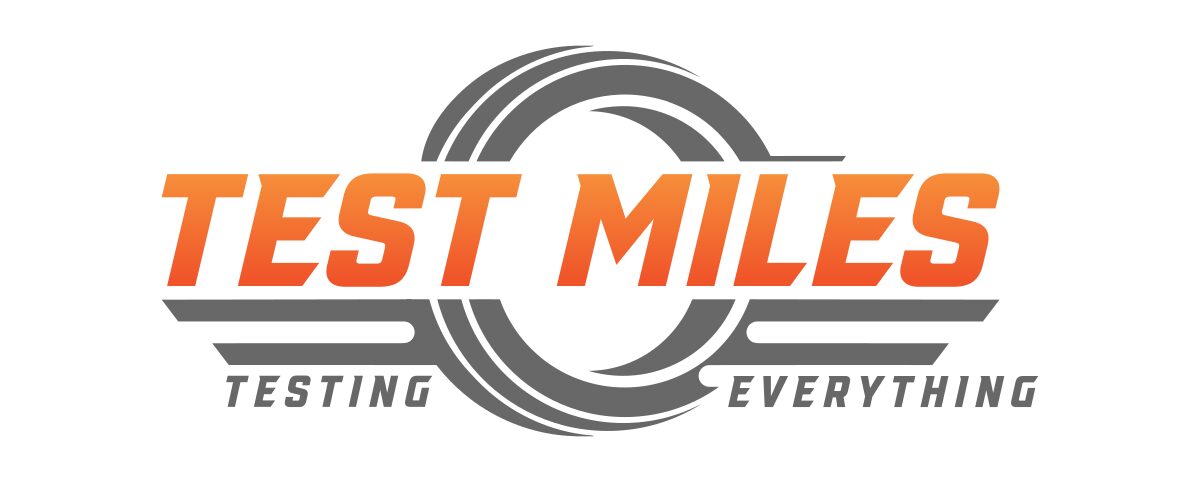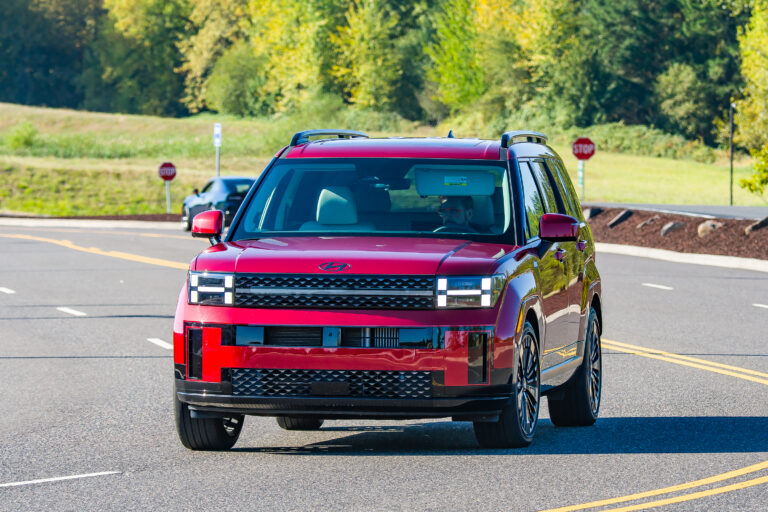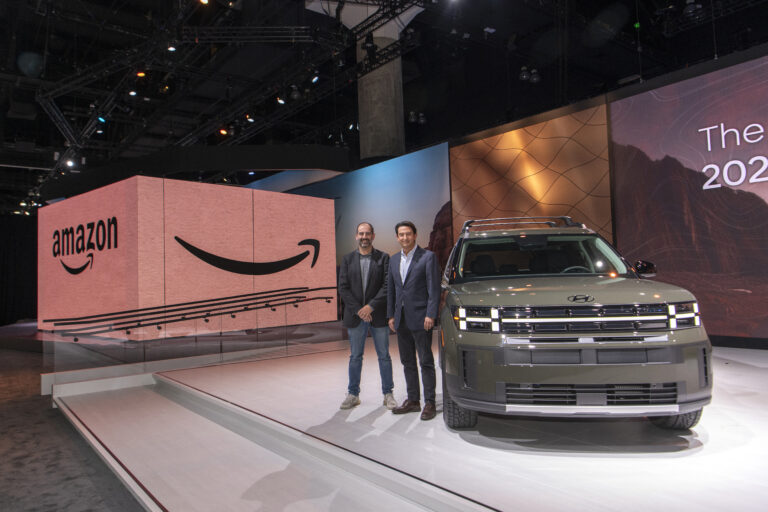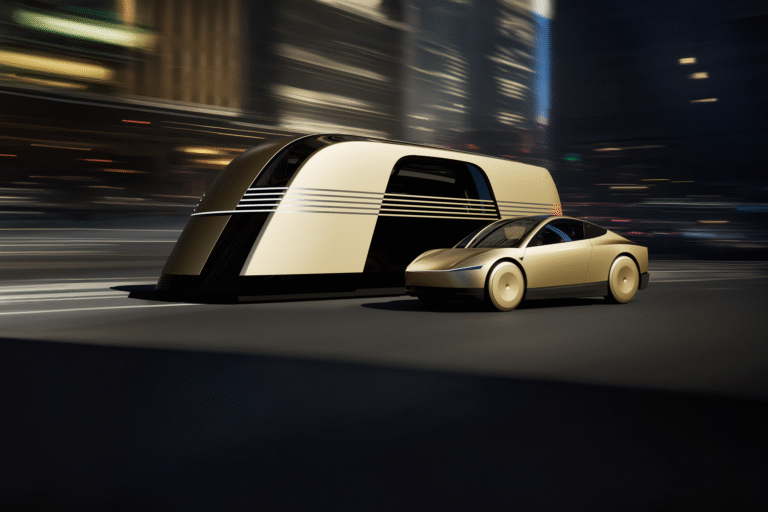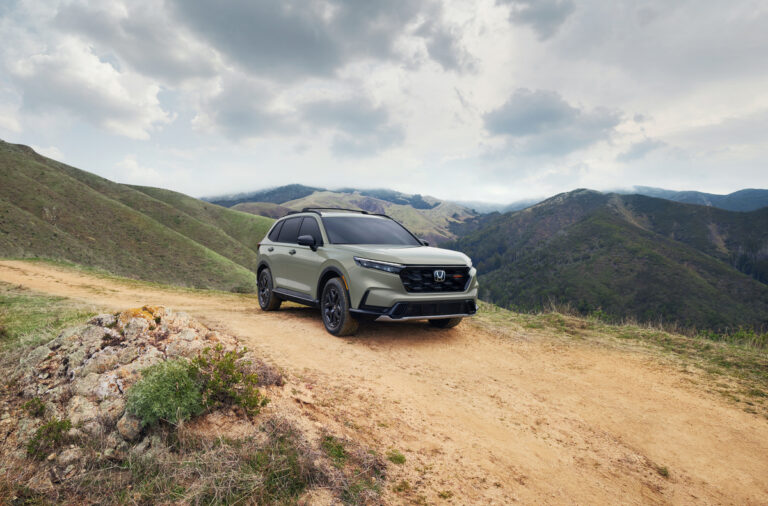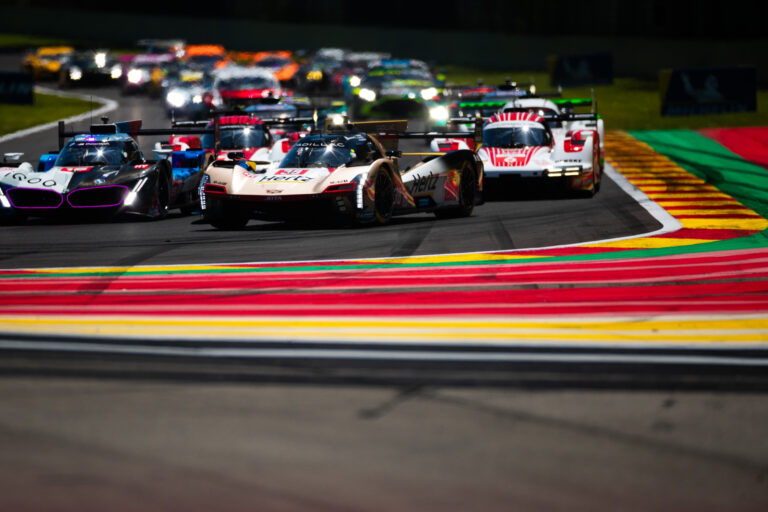Volkswagen’s Silent U.S. Surge: How the People’s Car Is Outselling the Market Without Anyone Noticing
By Nik Miles | Test Miles
If you haven’t been paying attention to Volkswagen’s U.S. sales numbers lately, you’re not alone—and that’s exactly the problem. While pundits prattle on about Tesla’s tweet-induced pricing spasms or Stellantis’ nostalgia-fueled rebadging efforts, Volkswagen has quietly done something extraordinary: it’s growing at nearly double the pace of the U.S. car market. And not with vaporware or vaporware-like promises—but with metal, rubber, and well-thought-out German practicality.

Q: What’s actually happening?
Let’s start with facts—those pesky little things journalists occasionally use.
In Q1 2025, Volkswagen’s U.S. brand sales grew by over 7%, outpacing the overall market’s 3.8%. Not a fluke either. In 2024, VW’s total sales rose by a whopping 23.8% year-over-year, with the Tiguan, its global best-seller, leading the charge. Meanwhile, SUVs now make up 77% of all VW sales stateside. That’s not evolution. That’s domination, politely wearing orthopaedic shoes.
Q: Wait—the Tiguan? Isn’t that just a nice way to say ‘rental car’?
Touché. The first-generation Tiguan arrived in 2009 with more European charm than American sensibility. At 174 inches long and standing 66 inches tall, it was basically a Golf wearing hiking boots. U.S. sales peaked around 40,000 units per year—decent, but hardly disruptive.
Fast forward to 2018, and Volkswagen finally built one for us—literally. Longer, roomier, and engineered for the American lifestyle (read: Costco runs and endless school drop-offs), the second-gen Tiguan more than doubled its predecessor, topping 100,000 annual units.

Now, the third generation is stepping in. According to VW’s own Petal Danilovich, it’s the “perfect formula” for U.S. buyers. We’ll see the full details soon, but early signs suggest more space, sharper tech, are a customer win.
Q: So why isn’t this on the front page of every auto site?
Because Volkswagen isn’t shouting about it.
While rivals dress their earnings calls like Super Bowl halftime shows, VW quietly flew a bunch of journalists to Montana—yes, Montana—to show off their new strategy. Senior VP of Product Marketing, Petal Danilovich, calmly walked through the numbers and product evolution like a school headmistress delivering exam results: direct, factual, and with just a hint of pride.

The numbers, however, speak volumes.
• Q1 Brand Growth: 7% (vs. 3.8% market average)
• 2024 Sales Increase: +23.8% YoY
• SUV Share of VW U.S. Sales: 77%
That’s not just a bounce. That’s what happens when you build cars people actually want to buy, rather than cars the boardroom thinks are cool.
Q: But isn’t the market already flooded with SUVs?
Indeed. At this point, it’s harder to find a sedan than a vegan at a Texas barbecue. But Volkswagen’s not trying to reinvent the wheel—it’s making the wheel better, more affordable, and less prone to squeaking when your in-laws ride in the back.
From the budget-friendly Taos to the next-gen Tiguan and family-sized Atlas, VW offers an SUV for every Goldilocks in the showroom. Too small? Too big? Just right? They’ve got you covered.
What’s more, Volkswagen doesn’t dabble in excess. No superfluous subscriptions for heated seats or NFTs for tire pressure readings. Just well-built vehicles with solid value propositions, high standard features, and a dose of Germanic resolve.

Q: Is this truly a game-changer or just clever product timing?
Bit of both. Let’s be clear: VW isn’t Tesla. There’s no charisma cult, no Silicon Valley drama. But therein lies the charm. This is a company that spent the past decade quietly retooling itself—diesel sins repented, production localized, and product portfolios realigned.
Launching the Atlas in 2016 was a turning point. It was the first SUV built specifically for Americans, in America. It worked. Now, nearly a decade later, VW’s SUV game is not only refined—it’s relentless.
What we’re witnessing is the result of long-term planning finally paying off. Like a chess match where Volkswagen is five moves ahead and no one realizes they’re in check.

Final Thoughts:
In a market where hype often outweighs substance, Volkswagen’s strategy stands out precisely because it doesn’t. It just works. The products improve, the prices remain fair, and the sales figures quietly climb.
It’s the automotive equivalent of a butler winning a boxing match: unexpected, unassuming, and oddly satisfying.
Enjoyed this article? Stay in the driver’s seat with more automotive insights! Follow @NikJMiles and @TestMiles on social media for the latest news, reviews, and behind-the-scenes exclusives. Don’t miss out—join the conversation today!
